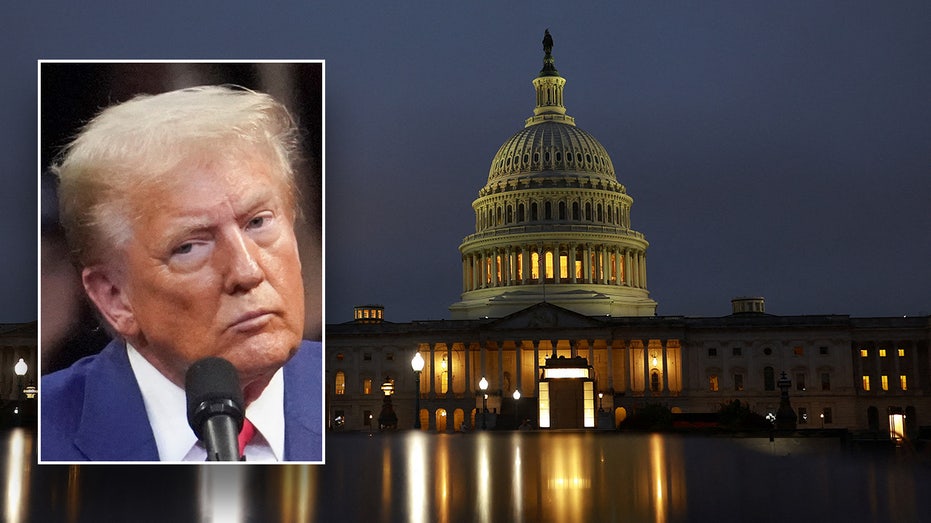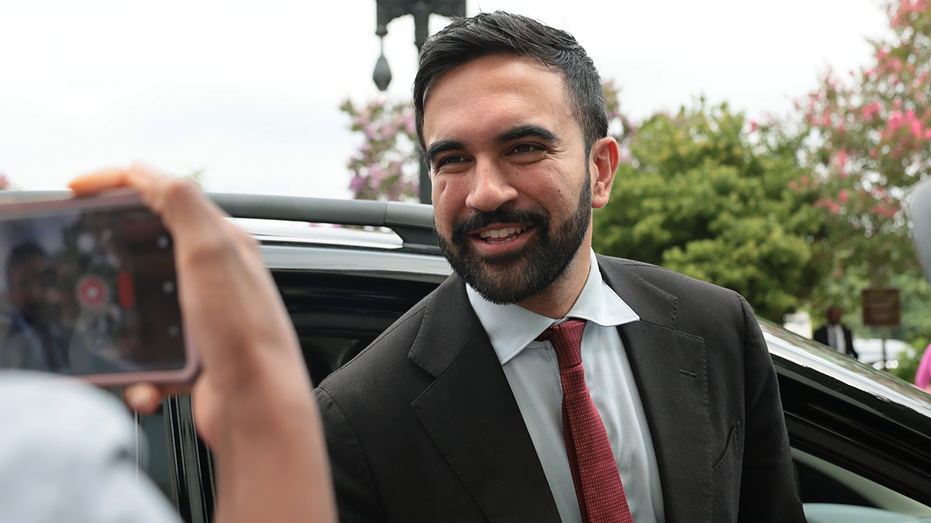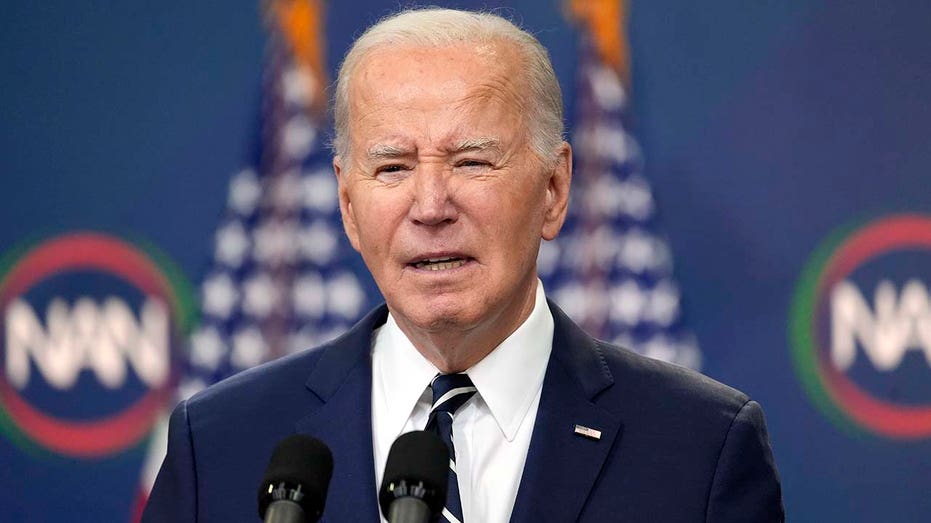Congress Expanded the Executive—Only for Trump to Quash Much of the Administrative State

Sarah Johnson
March 23, 2025
Brief
President Trump’s efforts to reduce the size and power of the federal executive branch ignite debate among lawmakers, highlighting tensions over government efficiency, authority, and constitutional limits.
It’s no secret that Republicans have long believed the federal government is too bloated for its own good. But what’s surprising is how President Donald Trump, a man handed an executive branch with immense power, has spent his time in office aggressively trimming it down. It’s a move that has conservatives in Congress practically breathing sighs of relief.
Senator Rick Scott of Florida didn’t mince words, saying, "President Trump is doing exactly what he got elected to do. He got elected to secure the border, get rid of inflation, and stop this unbelievable growth of the federal government." Scott also emphasized the importance of adhering to the Constitution, arguing that the executive branch has amassed too much "regulatory power" over the years.
Senator Josh Hawley echoed Scott’s sentiments, calling for the removal of "rot and waste." He teased an upcoming rescissions package in Congress that could codify some of these changes, requiring only 51 votes to pass in the Senate.
Meanwhile, a White House official pointed out the significant public sector job growth during President Joe Biden's administration, contrasting it with Trump’s mission to "reduce the size of the executive branch" and tackle waste, fraud, and abuse. According to the official, this doesn’t exactly scream "dictator." One could argue that Trump’s approach is less about consolidating power and more about redefining it.
Former Trump attorney Jim Trusty chimed in, placing some of the blame for excessive spending squarely on Congress. He noted that while Congress controls the "power of the purse," it has been "derelict" in its duties, leaving much of the expenditure power unchecked.
Representative Celeste Maloy of Utah took the discussion to social media, sharing her belief that the executive branch has grown "too powerful." In a recent town hall, she expressed concerns about keeping it "under control." Still, she struck a hopeful tone, stating, "Do I think America is drifting towards authoritarianism? No. I have only hope and optimism about the direction our country is headed. But do I think the executive branch is too powerful? Absolutely."
Political science professor Sarah Binder from George Washington University provided a historical lens, explaining that Congress began ceding power to the executive branch as far back as the 19th century. She attributed this shift to a mix of crisis-driven expediency and political convenience. By the time the 20th century rolled around, Congress was happy to delegate contentious issues, like tariffs, to the president. Binder’s analysis offers a reminder that the current trend didn’t start with Trump—or even in this century.
Fox News contributor Andy McCarthy made an important distinction: the so-called administrative state is not synonymous with the executive branch. Independent agencies like the SEC and FTC operate under the executive umbrella but are not directly controlled by the president. According to McCarthy, statutes and court decisions have placed limits on Trump’s ability to streamline these agencies. A landmark case, Humphrey’s Executor vs. United States, prevents presidents from unilaterally firing officials from quasi-legislative or quasi-judicial bodies. Overruling this decision could significantly expand a president’s control over federal offices.
Then there’s the controversial "Schedule F." This classification for federal workers makes it easier for the president to fire or lay off employees en masse. Critics argue it grants too much power to the executive, while supporters see it as a way to boost government efficiency and eliminate bureaucratic waste. Love it or hate it, "Schedule F" is Trump’s latest attempt to wrestle control over the sprawling administrative state.
One thing’s clear: Trump’s presidency has forced a national conversation about the balance of power within the government—and whether his cuts are a remedy for inefficiency or a risky consolidation of authority.
Topics
Editor's Comments
Trump slashing his own executive branch is almost like a chef chopping off half the kitchen staff before dinner service—it’s bold, risky, and makes you wonder if the meal will still be edible. The deeper issue here, though, is the longstanding tug-of-war between Congress and the presidency. While Trump’s moves might seem unprecedented, history shows us this power shuffle has been brewing for over a century. But seriously, 'Schedule F'? Sounds more like a dystopian Netflix series than a government workforce strategy.
Like this article? Share it with your friends!
If you find this article interesting, feel free to share it with your friends!
Thank you for your support! Sharing is the greatest encouragement for us.


